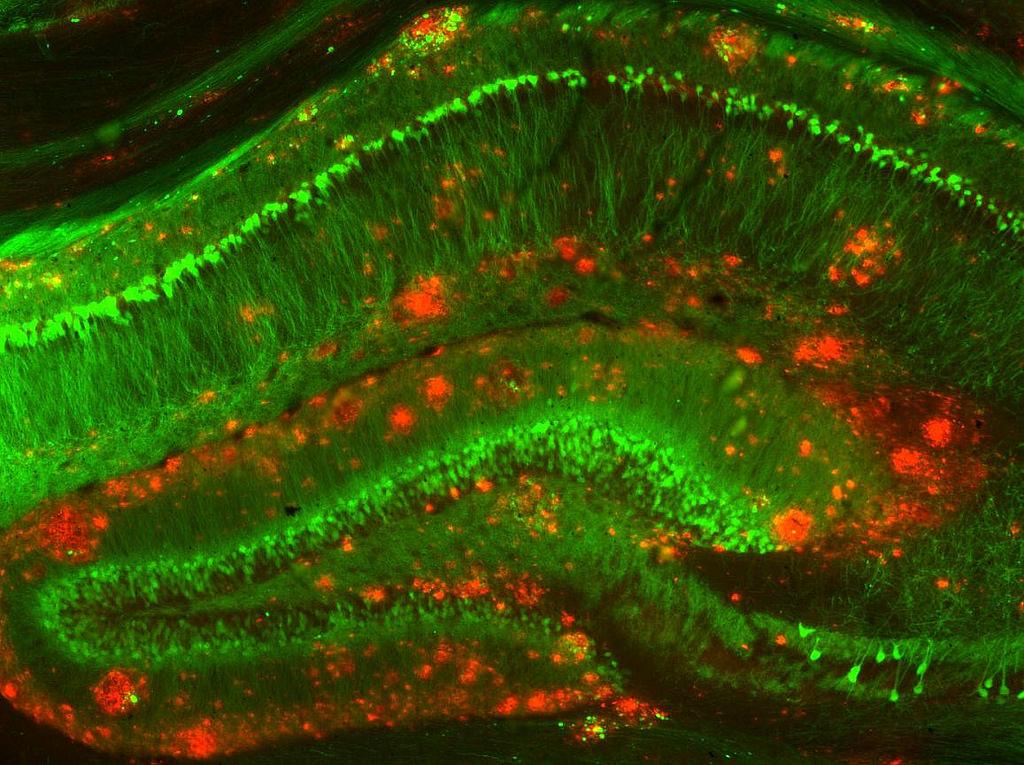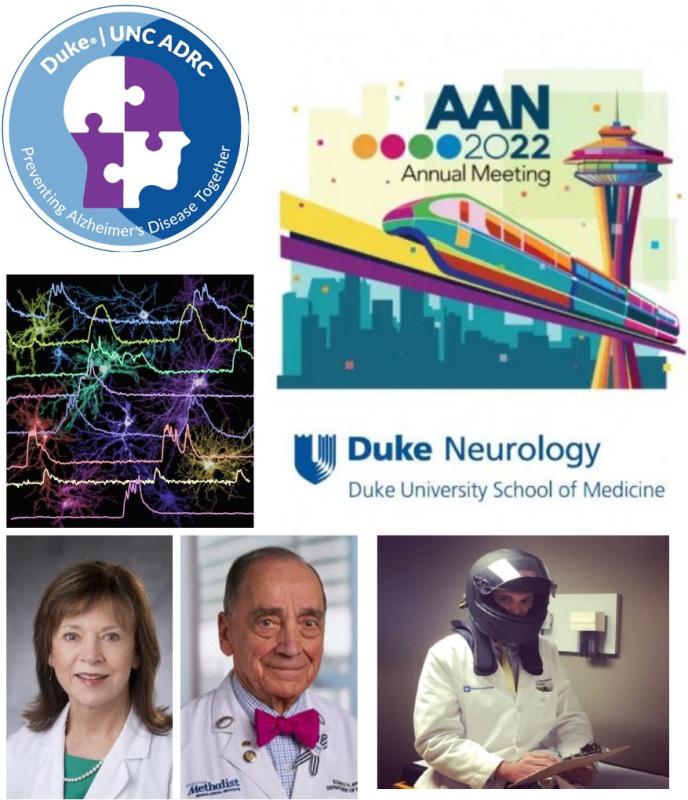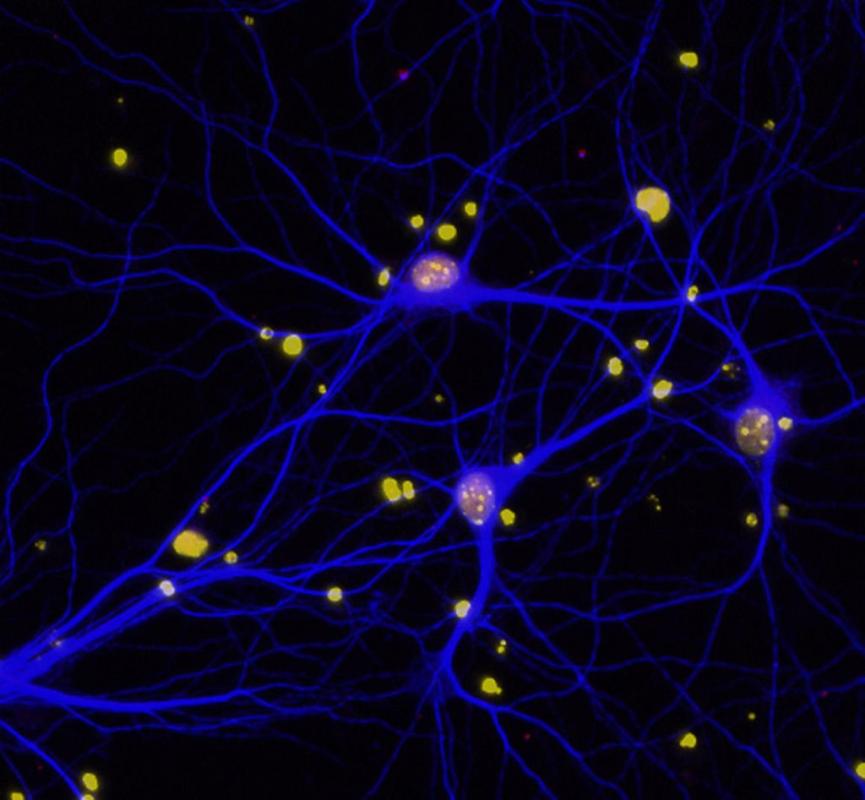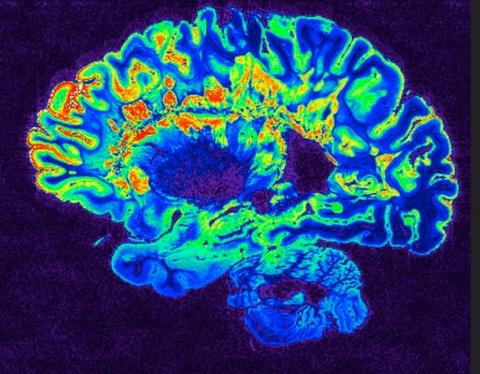Duke Neurology Research Round Up, March 2023
The shortest month of the year was still an active one for research in the Duke Neurology Department. Our faculty, trainees, and staff members contributed to 10 new peer-reviewed journal articles this February.
APP Spotlight: Candace Moody, PA-C
Candace Moody, PA-C, didn’t know what a physician assistant (PA) was until college, but an interest group meeting turned her on to the scope and flexibility the position offered. Now, as our newest PA, shes’s helping patients with a variety of headaches at our Neurological Disorders Clinic at Morreene Road. In this week’s Spotlight interview, Moody talks to us about the joys of being able to help headache patients get parts of their life back and overcoming the stigma associated with migraines and other headaches.
Duke Neurology 2022: A Year in Review (Part 2 of 2)
The Duke Neurology Department continued to build on its success in the second half of 2022. The final six months of 2022 saw Duke University Hospital receive national rankings for neurology and neurosurgery, our first endowed professorship dedicated to help treat and understand amyotrophic lateral sclerosis (ALS), and recognition as the country’s second national center of excellence for dystonia among other achievements.
Duke Neurology 2022: A Year in Review (Part 1 of 2)
The Duke Neurology Department continued to grow and advance its missions of patient care, research, and training the next generation of neurology providers in 2022. Highlights from the first half of our calendar year include national and Duke-wide awards recognizing our faculty’s contributions to the field of diversity, inclusion, and neurology as a whole. The same period also saw the growth of the new Duke/UNC Alzheimer’s Disease Research Center and three of our neurologists don helmets and get in their racing care.
Duke Neurology Research Round Up, December 2022
Members of the Duke Neurology Department advanced the fields of clinical and translational neuroscience this November, contributing to 16 new peer-reviewed studies.
Fellow Spotlight: Mina Essak, DO
This week’s Spotlight interview shines on our newest headache fellow, Mina Essak, DO. Essak talks to us about his work treating patients with migraines and facial pain in our Morreene Road Clinic, how he was swayed from primary care to neurology during his medical school rotations, and why in another life he would be a ski instructor. He also shares his passion for the outdoors and hopes for skiing in Banff this coming winter.
U.S. News & World Report ranks Duke University Hospital 23rd in nation for Neurology & Neurosurgery
U.S. News & World Report ranked Duke University Hospital as the top hospital in North Carolina and the 23rd best across the nation for neurology and neurosurgery in its 2022-2023 hospital rankings. The annual rankings, which assessed more than 4,500 hospitals nationwide, analyze and integrate dozens of medical and surgical services.
Duke Neurology Research Round Up, July 2022
This June, members of the Duke Neurology Department contributed to 12 new peer-reviewed journal articles as well as two new book chapters. Among other findings these studies uncovered retinal differences that may one day act as early biomarkers for cognitive impairment, population-based studies that will improve treatment for stroke and other conditions, and investigations of hydrogel scaffolds as potential therapies.
Duke Neurology 2021: A year in review (part 2 of 2)
The second half of 2021 was as eventful as the first for the Duke Neurology Department. Story highlights from July through December of this year include our Leonard White, PhD, winning a national award for excellence in teaching, the founding of a joint Duke/UNC Alzheimer’s Disease Research Center, two of our hospitals receiving the American Heart Association/American Stroke Association’s highest award for quality stroke care, and the School of Medicine receiving awards totaling $18 million to uncover the origins of Parkinson’s disease.
Duke Neurology 2021: A year in review (part 1 of 2)
The Duke Neurology Department continued to grow and expand its missions of providing excellent clinical care, conducting research to improve our understanding of neurological conditions and how to treat them, and training the next generation of neurologists throughout 2021.









